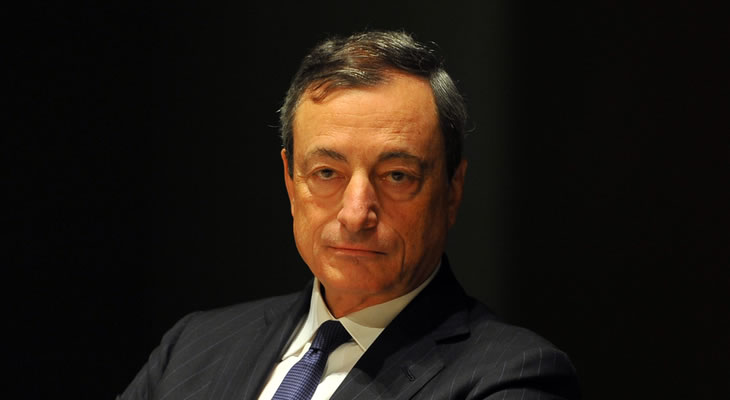Wednesday sees the release of the latest German consumer price data, which could complicate the long-term Euro outlook despite a positive forecast.
Price growth for February is expected to have recovered from a -0.6% drop to 0.3% on the month. Annualised inflation is predicted to rise from 1.9% to 2.1%.
This is likely to see increased calls for monetary tightening from the European Central Bank (ECB), which holds a target for inflation of near, but under, 2%.
Policymakers will surely argue that they want to see core inflation rise above the target range before they consider rowing back on accommodative policy measures. They are also likely to point out that the German economy is stronger than that of other member states.
The European Central Bank is unlikely to be able to get away with waiting until the weakest Eurozone economy is also seeing near or above-target price growth before adjusting policy.
However, the Governing Council will surely indicate that it wants to see consistent inflation across the currency bloc, rather than in one outlying economy before moving.
EUR GBP exchange rates may therefore initially be supported by hopes of monetary tightening from the ECB, but dovish messages from President Mario Draghi could see those gains quickly eroded.
The data could reawaken old tensions between Germany and the central bank. Germany, due to its position of strength, has often argued that the ECB should be less dovish on monetary policy.
Meanwhile, the European Central Bank (amongst others) has accused Germany of hoarding its budget rather than investing in the domestic economy, which would increase demand for imported goods and services from other Eurozone economies, helping spread prosperity around the bloc and fuel more growth.
Germany posted its highest budget surplus since reunification in 1990 at €23.7 billion. Critics have long-argued that the German government should be ploughing that money back into the economy rather than hoarding it.
But others point out that Germany’s ageing population is going to see public revenues drying up in the near-future and that the government is therefore wise to get its own house in order now before finances are squeezed.
These tensions could weigh on Euro sentiment, but the Euro may find some support against the Pound thanks to the approach of the triggering of Article 50.
Theresa May is aiming to officially begin Brexit by the end of March, invoking Article 50 of the Lisbon Treaty.
While investors have had plenty of time to price in the prospect of a ‘Hard Brexit’, the Pound is nonetheless likely to fall as a two-year period of uncertainty begins.
This could help soften the dragging effect of weak Eurozone monetary policy outlook upon the Euro.
At the time of writing the Euro Pound exchange rate was trending around 0.84.


Comments are closed.